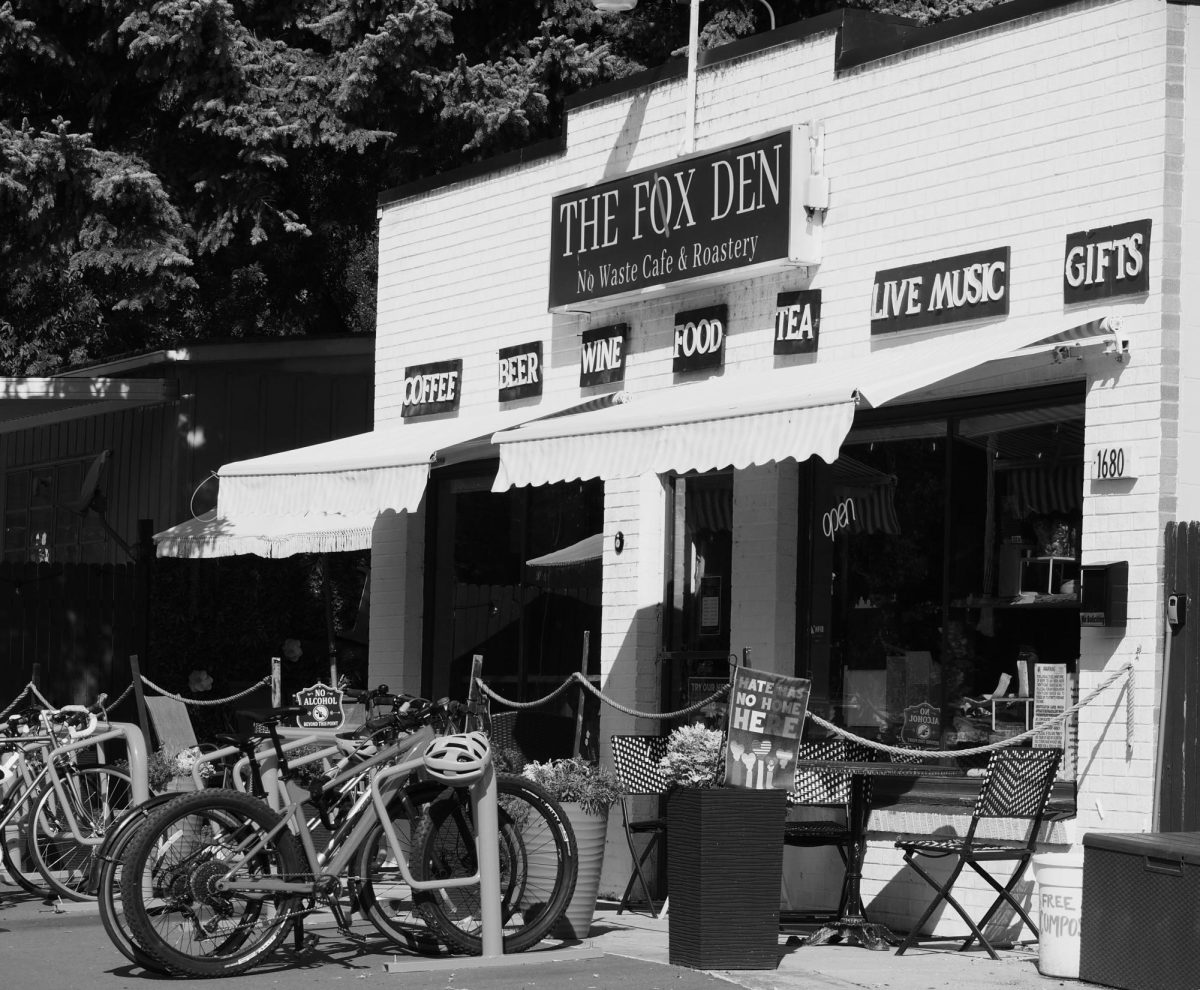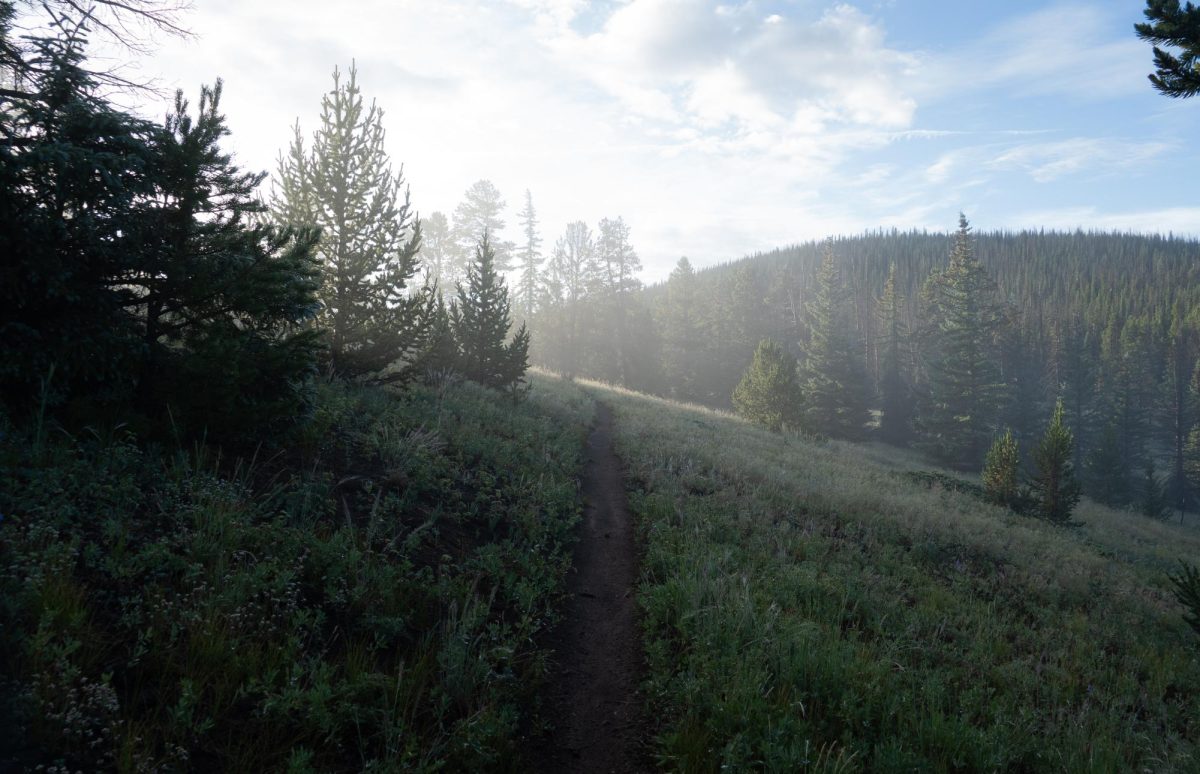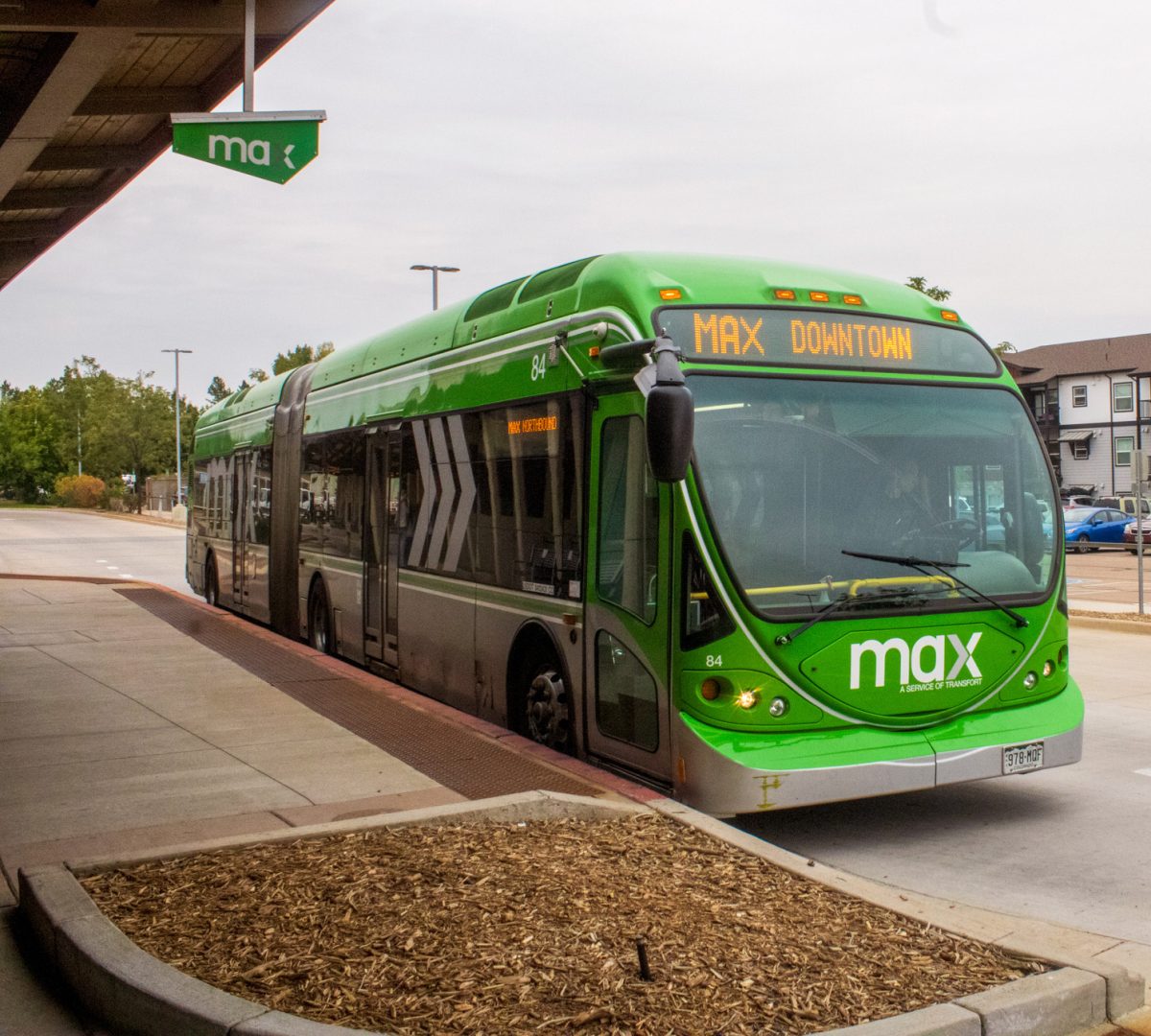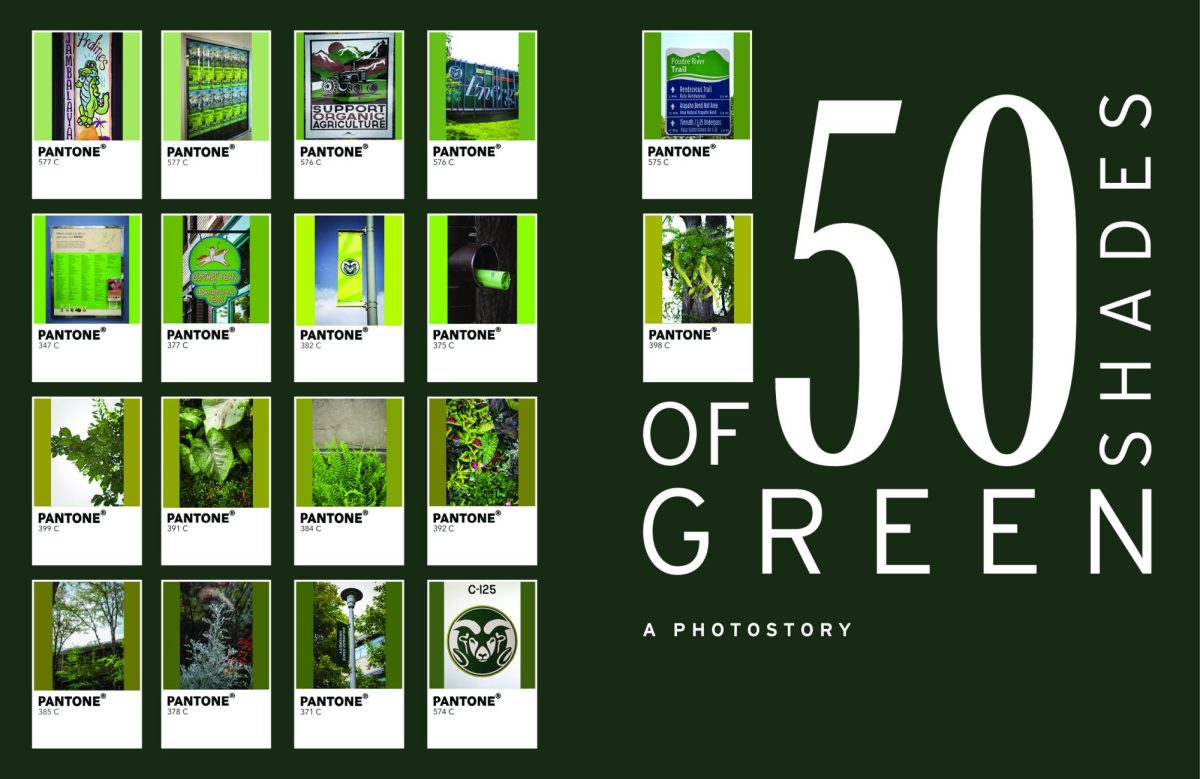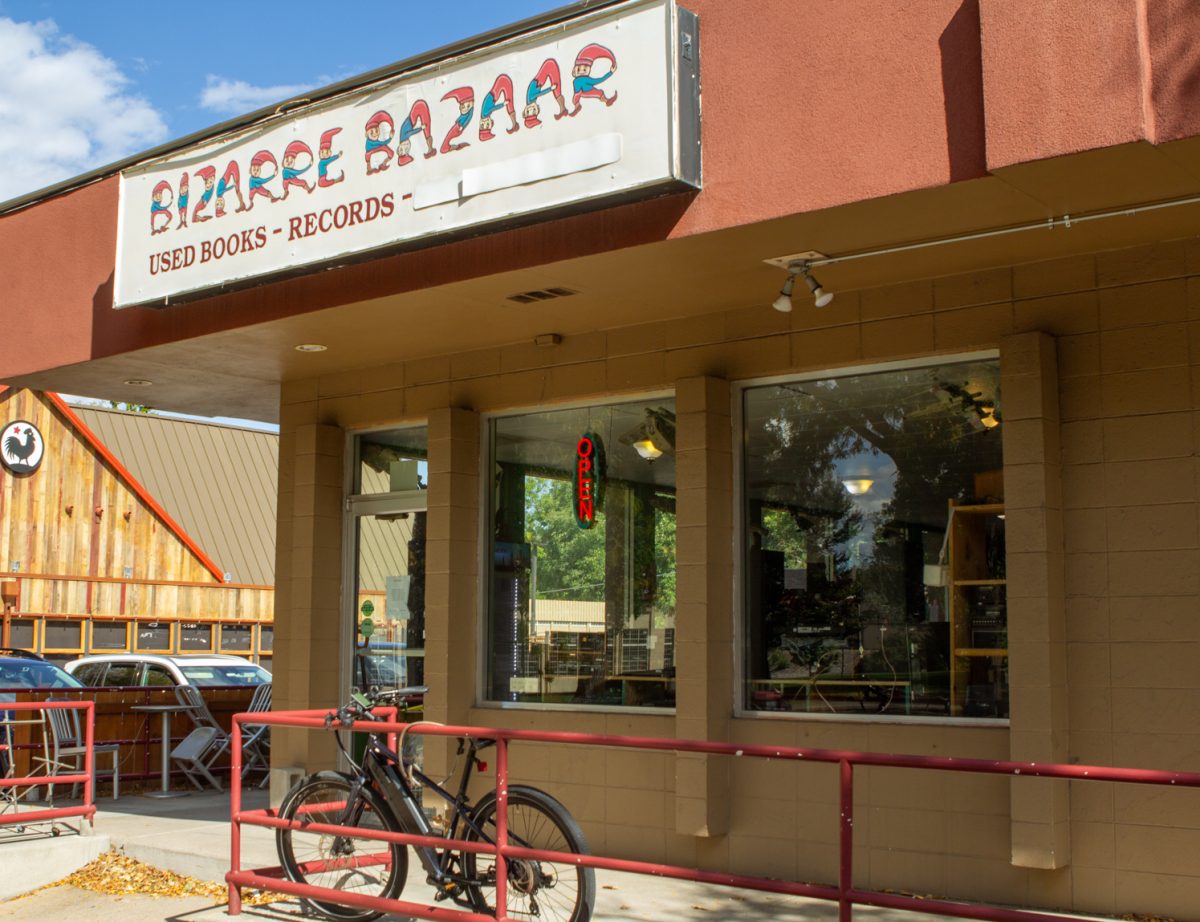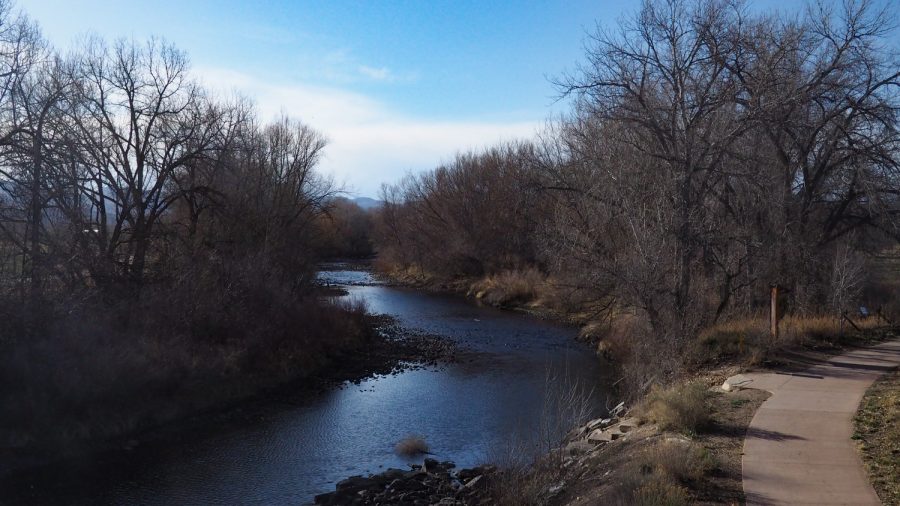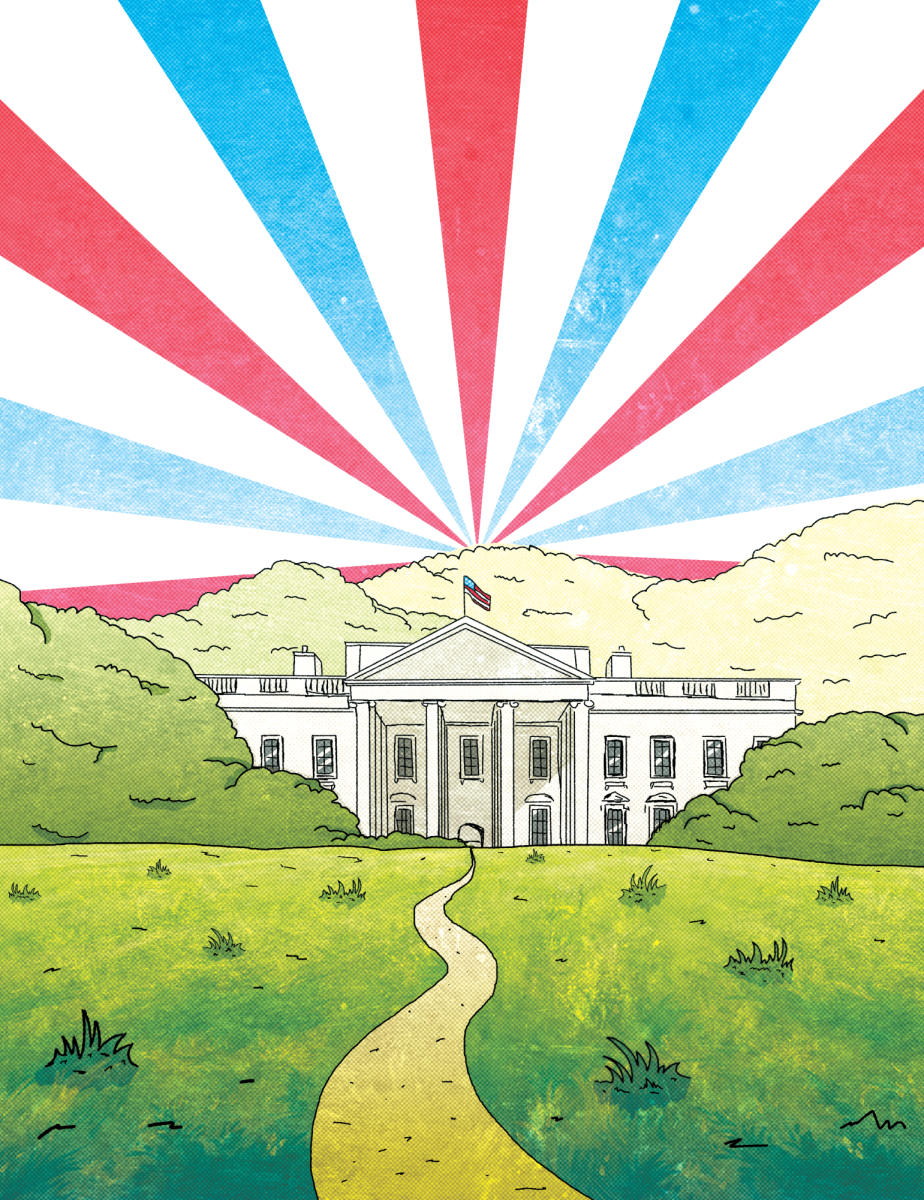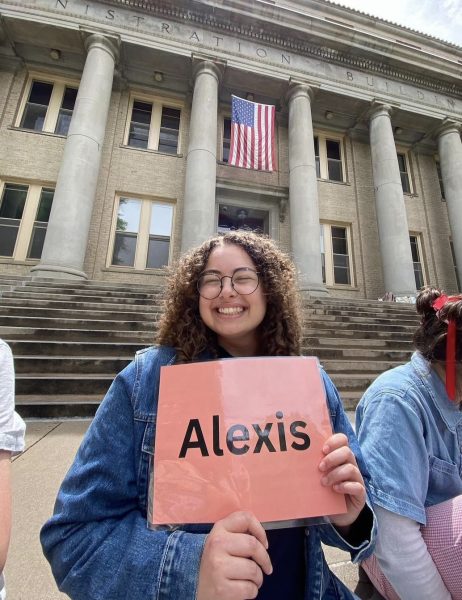Music has the power to change others. It’s only natural for it to become the backing force behind revolutions and protests. Numerous minority groups are known for creating works of art through music and dance.
One such case is ‘slave songs/hymns’, correctly known as ‘The American Negro Spirituals’, according to the National Association of Teachers of Singing. They’re a form of folk songs that enslaved Black people created and sung during the middle passage across the Atlantic Ocean from Africa to the Americas. Music was used to communicate with each other about where they were going without drawing a large amount of attention to themselves, and what they were saying.
In 1867, a collection of slave songs were published by northern abolitionists, like William Francis Allen and Lucy McKim Garrison. All 136 songs were collected and revered by Black Americans who were newly freed and could finally share what they had been through.
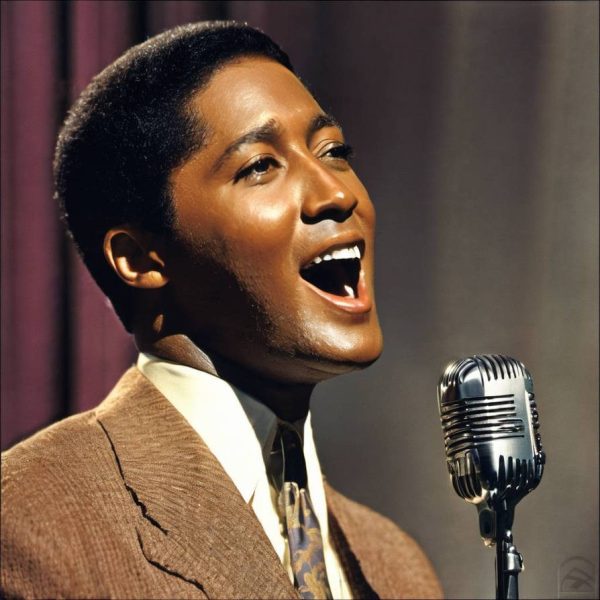
By the 1870s, blues music had spread throughout the Deep South and showcased how Black people felt within America. With its distinctly melancholic and reflective nature, it was the perfect jump into the realm of ‘protest’ music heavily developed in the 1960s during the civil rights movement.
A notable song of the time is “A Change Is Gonna Come” by Sam Cooke. Released in 1964, the year when legislation was created to prohibit discrimination based on race, religion, sex, and national origin, Cooke wrote: “It’s been a long, A long time comin’, but I know, A change gon’ come, Oh, yes it will”.
Following its release, The Black Panther Party organization was founded in 1966, with the main purpose being self-defense to protect Black citizens from police brutality, according to the National Museum of African American History and Culture.
Music has inspired real, impactful change in communities and how we view our roles in our country. We are more than just passive bystanders, and we will do more than just taking it lying down. Not only is it our right, but it is our civic duty to critique the government and call attention to anything that needs it.
Terry Morrow, a music student at Antelope Valley College, shared his thoughts on how music can be a form of activism.
“Music is… the epitome of freedom of speech. In the form of music, people will pay more attention,” he says.
Music catches your ear, shocks you to your bones, and makes you remember it forever. Genres like jazz, hip-hop, blue grass, and blues are inherently American in that regard. It’s music that originates from a place of experience, suffering and hope that translates itself into something that everyone can hear and inspires all.
Modern-day examples of famous protest songs that stemmed from this genre are Kendrick Lamar’s “Alright,” “Fight the Power” by Public Enemy, and “Revolution” by The Beatles.

